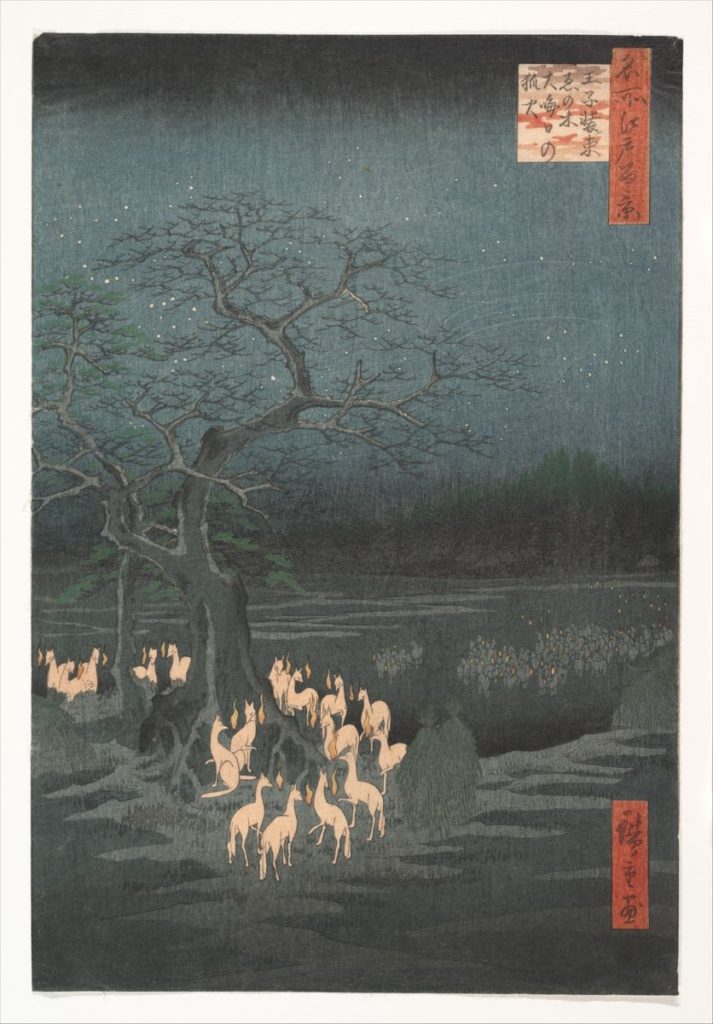“Year-end, now. And year’s beginnings, and an old custom to face realities when the totting-up has been done.”
Hal Borland, 1976, Book of Days
New Year’s Day in ancient Babylon, Mesopotamia.
Days of ceremonies are taking place, one of which includes the submission of the king before the god, Marduk. The chief priest goes to the main temple, cleansing and purifying it ahead of the ceremony. Upon entering the temple, the king is stripped of his crown and kingly attire. The priest leads the king, by the ear, to an icon of Marduk. Here he is made kneel before it. He recites a list of assurances to Marduk, promising that he upheld his duties as king. The priest then slaps the king forcefully across the face. If a tear is shed, they believed that Marduk was pleased. The king is handed back his crown and his reign continues with Marduk’s blessing.

A revered sovereign, for one day, reminded that he is human. He surrenders to the gods, placing himself in the realm of man, not deity. Stripped naked of embellishments, with his faults and vulnerabilities on display, he declares to Marduk that he has not sinned nor neglected his obligations. He leaves the ceremony rejuvenated, born into the new year with blessing.
The particulars of the ceremonial pomp may be different, but the idea of a new year is the same.
The priest reorders the temple through ritual cleansing. In the same vein, many of us try to start the year by bringing order to ourselves and our surroundings, giving us a peaceful position to begin from. Reflection brought about by the new year forces us to recognise time and it’s passing. Like the king naked before Marduk, we are alerted to our fragility. From here, we are compelled to acknowledge where we have faltered, failed to progress and what we have achieved. We review how we’ve preformed our duties; to ourselves and to others- as the king does. A tear is shed for our shortcomings, our humanity, and we move forward.
“For last year’s words belong to last year’s language
And next year’s words await another voice.”T. S. Eliot, 1942, Little Gidding, II,
The reason the ‘new year, new me’ ethos is tiresome, is because it negates to recognise that we enter into the new year still bearing the load from the last.
We cannot start with a blank slate, but we can start from where we are. It is easy to grow cynical among the meaningless declarations of new beginnings that never leave the badly lit room of a New Year’s Eve party. However, we are given an opportunity we shouldn’t allow our cynicism to get in the way of. We have a chance to orientate ourselves, find our place on the map, whether it be good or bad, and decide on a direction.
Allow yourself to take stock and review where you are, where you hoped you would be, and how to navigate the ground in between. Do not let it be another spectacularly monosyllabic year. Do not repeat the same year over and over again. If something needs to give, let it be now.
“The year was past the edge, heading away from the dark… Of course, dark would come again, but that was in the nature of the world. Many things were beginning.”
Terry Pratchett, 1998, Carpe Jugulum




